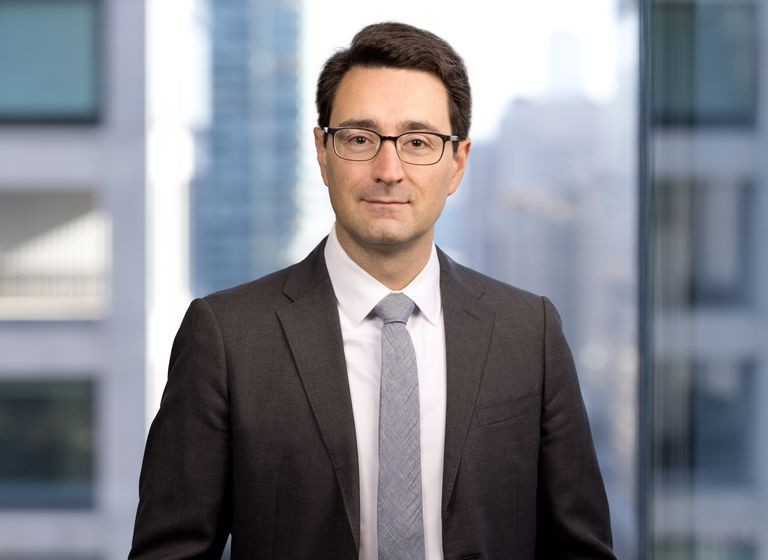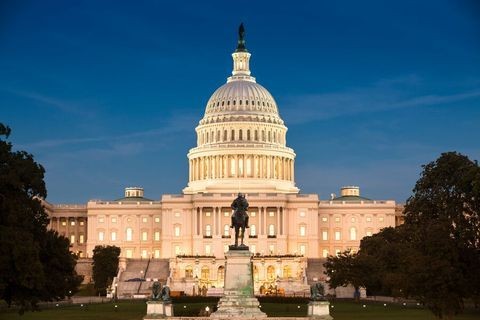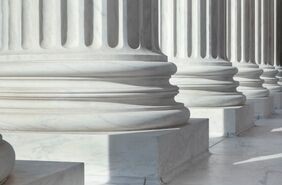Jeffrey M. Severson
Overview
Jeff Severson represents individual and corporate clients facing complex, high-stakes criminal and regulatory investigations initiated by the full slate of federal and state regulators. Jeff uses his experience navigating the complex demands of regulatory investigations and criminal prosecutions to fashion effective defense strategies and collaborate with his clients to guide them to successful outcomes.
Career & Education
- Fordham University School of Law, J.D., cum laude
- Columbia University, M.A., political science
- Carleton College, B.A.history, magna cum laude
- California
- Colorado
- New York
- U.S. District Court for the Eastern District of New York
- U.S. District Court for the Southern District of New York
Jeffrey's Insights
Publication | 02.06.26
Client Alert | 3 min read | 01.13.26
Client Alert | 7 min read | 07.29.25
Representative Matters
- Represented a managing director at a U.S. investment bank in a DOJ, SEC, and Federal Reserve Board investigation concerning possible FCPA violations in Asia. In an ensuing enforcement action brought by the Federal Reserve, negotiated a favorable settlement involving no monetary penalty or admission of liability.
- Represented multiple corporations in antitrust investigations into hiring practices (no-poach/non-solicitation), including DOJ criminal antitrust closing an investigation without taking any action.
- Represented multinational corporation in multiple concurrent FCPA investigations in Asia.
- Represented a major technology company in a conflict-of-interest investigation that the state-regulator closed following a written submission.
- Representing an international pharmaceutical company in a New Jersey Office of the Attorney General inquiry into potential fraud in a tax incentives program.
- Representing a pool of employees at a publicly traded pharmaceutical company as part of a DOJ health care fraud investigation.
- Representing multiple traders as part of SEC securities fraud investigations.
- Representing multiple broker-dealers in FINRA enforcement actions.
Jeffrey's Insights
Publication | 02.06.26
Client Alert | 3 min read | 01.13.26
Client Alert | 7 min read | 07.29.25
Insights
Trends in Business and Human Rights Law in the Group of Seven (G7)
|08.01.20
Human Rights and Business Initiative, UC Berkeley
- |
08.01.25
Crowell & Moring’s Government Contracts Legal Forum
Jeffrey's Insights
Publication | 02.06.26
Client Alert | 3 min read | 01.13.26
Client Alert | 7 min read | 07.29.25






